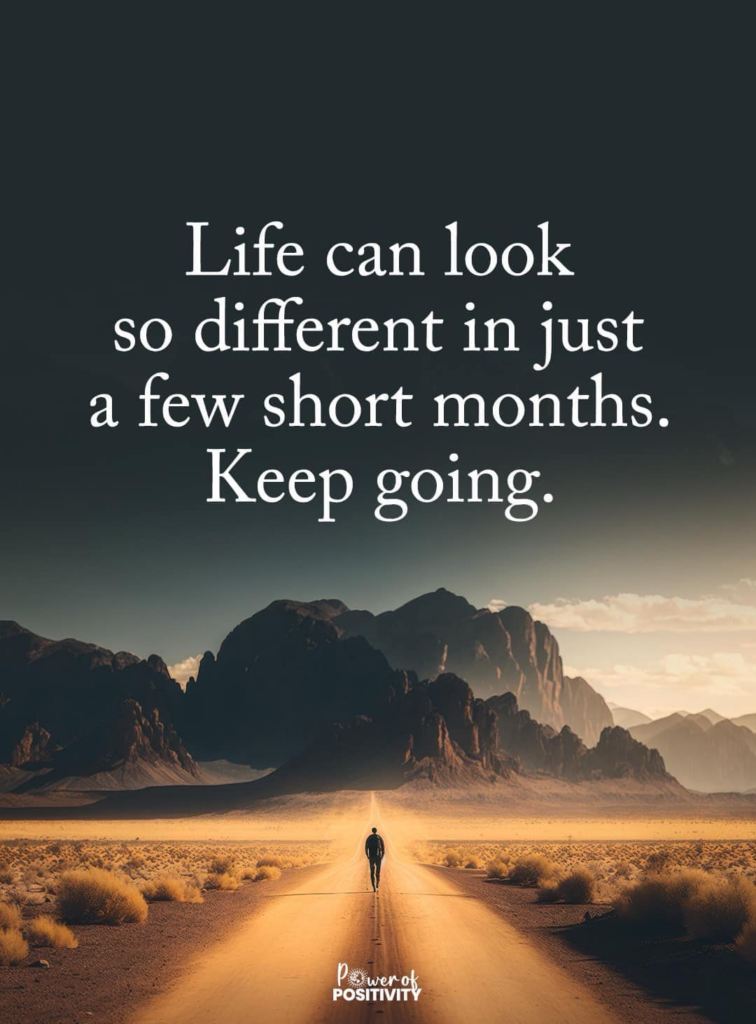How much do you really know about the role of vitamin D in keeping your body healthy? It’s not just about strong bones—vitamin D affects your energy levels, immune system, and even your mood. The surprising part? Many people don’t get enough of it, leading to more health problems than you might expect. Vitamin D deficiency is more common than you’d think, but it’s often overlooked. Science reveals that a lack of vitamin D can have serious effects on your overall well-being, showing just how important it is to ensure you’re getting enough of this essential nutrient.
What Is Vitamin D and Why Does Your Body Need It?
Vitamin D is something your body needs to stay strong and healthy. It’s stored in your body and comes in two types: D2, which you get from plant foods, and D3, which your body makes when you spend time in the sun. You can also get D3 from certain animal products like fish or eggs. Both types are important, but you need to get them through food or sunlight since your body can’t make them on its own.
Here’s why vitamin D is so important:
1. Keeps your bones and teeth strong: Vitamin D helps your body absorb calcium and phosphorus, which are crucial for bone strength and preventing bone problems.
2. Supports your immune system: It helps your body fight off infections and illnesses, keeping you healthier.
3. Helps with hormones: Vitamin D also plays a role in balancing hormones, which affects things like your mood and energy levels.
How Much Vitamin D Does Your Body Really Need?
When it comes to vitamin D, the amount your body needs depends a lot on your age. Babies up to 12 months old need about 400 IU each day, while kids and teens up to age 18 should aim for around 600 IU. For adults, the daily requirement is also 600 IU, but once you turn 70, it’s a good idea to bump that up to 800 IU. Pregnant women should stick to around 600 IU as well.
For some people, especially older adults or those who don’t get much sunlight, supplements might be necessary. Just be careful not to overdo it—more than 4,000 IU a day can lead to health issues. It’s always smart to talk to a doctor to find out what’s right for you, especially if you think you’re dealing with vitamin D deficiency or have unique needs like pregnancy or certain health conditions.
Common Symptoms of Vitamin D Deficiency
Feeling tired, achy, or getting sick more often than usual? These could be early warning signs that your body is missing out on something important.
Recognizing Early Signs
- Feeling tired all the time? Constant fatigue is one of the first signs that your body may be low on vitamin D.
- Muscle pain and weakness can also creep in, making everyday activities feel harder than they should.
- Getting sick more often? A weak immune system is another early clue of vitamin D deficiency, leading to frequent infections or illnesses.
Long-Term Effects of Deficiency
- Without enough vitamin D over time, bones become fragile and prone to fractures, especially in older adults.
- Unexpected weight gain might be a result of low vitamin D, as it plays a role in metabolism.
- Mental health issues, like depression or mood swings, can also be linked to vitamin D deficiency. The longer it goes unchecked, the more it impacts how you feel emotionally and physically.
Surprising Health Effects Linked to Vitamin D Deficiency
Low vitamin D doesn’t just make you feel tired or achy—it can have some surprising effects on your overall health. Here are a few ways a vitamin D deficiency can impact you:
Weakened Bones and Teeth
Vitamin D helps your body absorb calcium, which is essential for strong bones and teeth. Without enough vitamin D, your bones can become weak and brittle, leading to problems like osteoporosis and fractures. Even your teeth can suffer, increasing the chance of dental issues as you get older.
Weakened Immune System
Your immune system relies on vitamin D to stay strong. When levels are low, your body struggles to fight off common illnesses like colds and the flu. It can also increase your chances of developing autoimmune diseases, where your body mistakenly attacks itself.
Higher Risk of Chronic Illness
Having low vitamin D over time has been linked to serious health conditions like diabetes, heart disease, and some cancers. These illnesses can be harder to manage when your vitamin D levels are low, showing just how much this vitamin matters for long-term health.
Mood and Mental Health Issues
Feeling down or anxious? Low vitamin D levels have been tied to mood swings, depression, and anxiety. Research shows that people with vitamin D deficiency are more likely to experience mental health struggles, proving how this nutrient affects both your body and mind.
How to Naturally Boost Your Vitamin D Levels
There are simple, natural ways to boost your vitamin D levels and keep your body running at its best. Here’s how:
1. Sun Exposure: The Best Source
Spending time in the sun is one of the easiest ways for your body to make vitamin D. Just 10 to 30 minutes of sun exposure a few times a week can do wonders, but the amount you need depends on your skin type and where you live. People with lighter skin need less sun exposure, while those with darker skin may need a bit more to get the same benefits. Be mindful of your region—people in colder, cloudier areas might not get enough sun all year round.
2. Vitamin D-Rich Foods
Eating certain foods can help too. Fatty fish like salmon, mackerel, and tuna are great sources of vitamin D. You’ll also find it in fortified dairy products, egg yolks, and even some mushrooms. While supplements can help, getting your nutrients from real food is often a better choice because they come with additional health benefits.
Foods to include:
- Salmon, mackerel, tuna
- Fortified milk and orange juice
- Egg yolks
- Mushrooms
3. Supplements: When Sun and Diet Aren’t Enough
Sometimes, especially in colder climates or during winter, it’s hard to get enough vitamin D from sun and food alone. That’s where supplements come in handy. If you need to take a supplement, it’s important to stick to the recommended dosage—usually around 600 to 800 IU for most adults—and not to exceed 4,000 IU per day to avoid any health risks. It’s always a good idea to check with a doctor if you’re unsure how much you need.
Potential Risks of Too Much Vitamin D
While getting enough vitamin D is important, taking too much can lead to some serious health problems. Here’s what you need to know about the risks of overdoing it.
When Too Much Vitamin D Becomes a Problem
Taking an excessive amount of vitamin D can cause hypervitaminosis D, a condition where calcium builds up in your blood. This can lead to problems with your kidneys and heart. Some signs of vitamin D toxicity include nausea, feeling weak, or even confusion. It’s important to be mindful of how much you’re taking, especially if you’re using supplements.
How to Safely Take Vitamin D
To avoid vitamin D toxicity, it’s best to stay within safe limits. Most people should aim for no more than 4,000 IU a day, but your needs may vary. Consulting with a healthcare provider can help you figure out the right dosage for your body, ensuring you get enough vitamin D without going overboard and risking health issues.
How Science Continues to Reveal New Effects of Vitamin D
Recent research is uncovering more about how important vitamin D is for your health. Beyond just supporting bones and the immune system, studies now show that vitamin D might help protect your brain. Scientists are exploring how this vitamin could reduce the risk of neurodegenerative diseases like Alzheimer’s and Parkinson’s, potentially helping to keep your mind sharp as you age.
There’s also growing evidence that vitamin D might help people live longer by reducing inflammation and improving heart health. These findings suggest that maintaining healthy vitamin D levels may not only improve how you feel today but also contribute to your long-term well-being.
Final Thoughts on Addressing Vitamin D Deficiency
If you’ve been feeling tired or notice your immune system isn’t as strong as it should be, it might be worth checking your vitamin D levels. Getting enough vitamin D through sunlight, the right foods, or supplements can make a big difference in how you feel day-to-day and in the long run. Small changes, like spending more time outside or adding vitamin D-rich foods to your meals, can have lasting benefits for your health. Taking these simple steps now can help keep your body strong and balanced for years to come, making a huge impact on your well-being.















